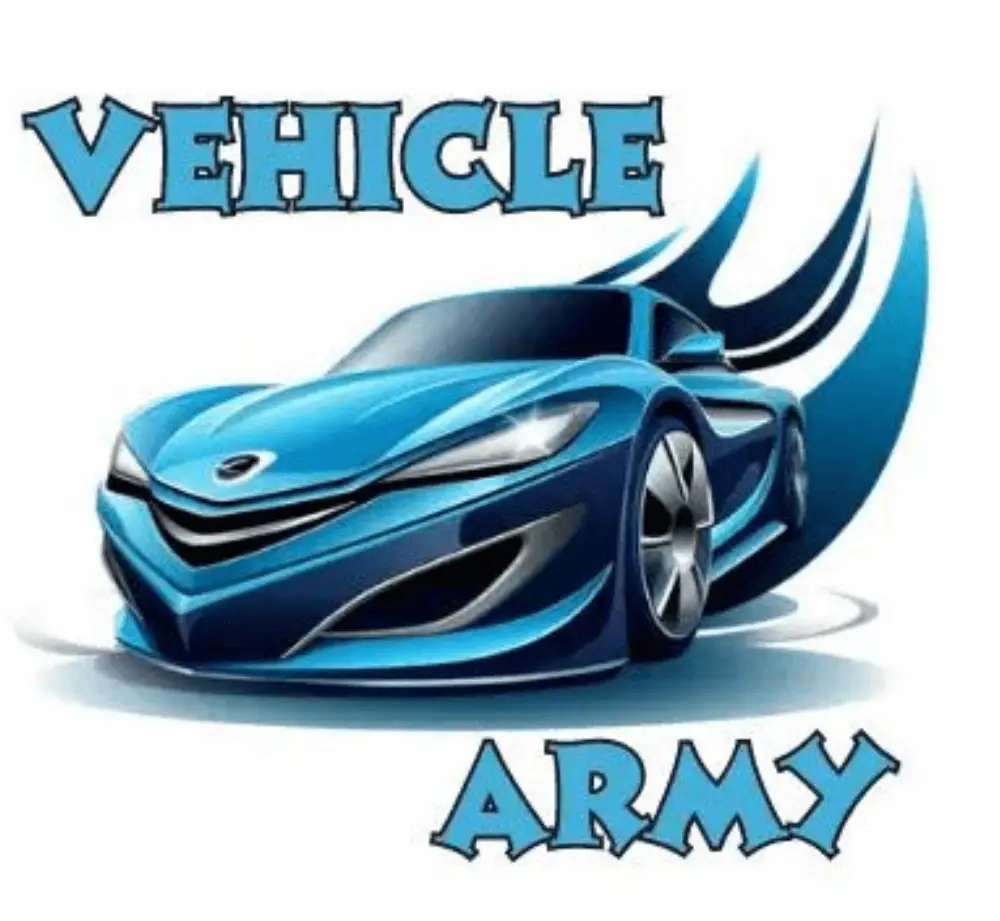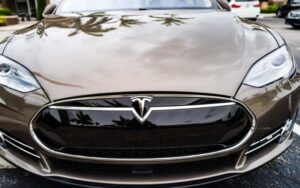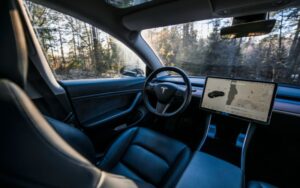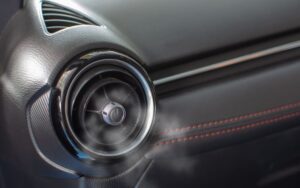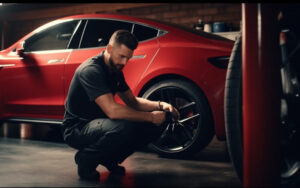Do Teslas Need A Smog Check? (All You Need To Know)
Last updated on April 18th, 2023 at 11:17 pm
When air pollution became a thorn in the flesh, smog checks were one weapon the U.S. Government pulled out of its arsenal to tackle this problem.
With its origins in the state of California in 1984, the aim was to reduce air pollution from vehicles and, by doing so, fight against poor air quality.
The regulation differed from state to state and vehicle to vehicle. However, do Tesla vehicles require smog inspection?
No, Tesla vehicles do not need a smog test because they are zero-emission vehicles (ZEVs). As their name suggests, zero-emission vehicles produce no exhaust gas or other air pollutants that are bad for the environment. In addition, Tesla cars are electric vehicles, so they are exempt from smog checks.
In this article, we’ll get into everything you need to know about Tesla cars and smog tests.
You’ll learn the vehicles that are exempted from taking the test, how long the test lasts, and so much more. So without further ado, let’s begin, shall we?
Do All States Exempt Tesla From the Smog Test?
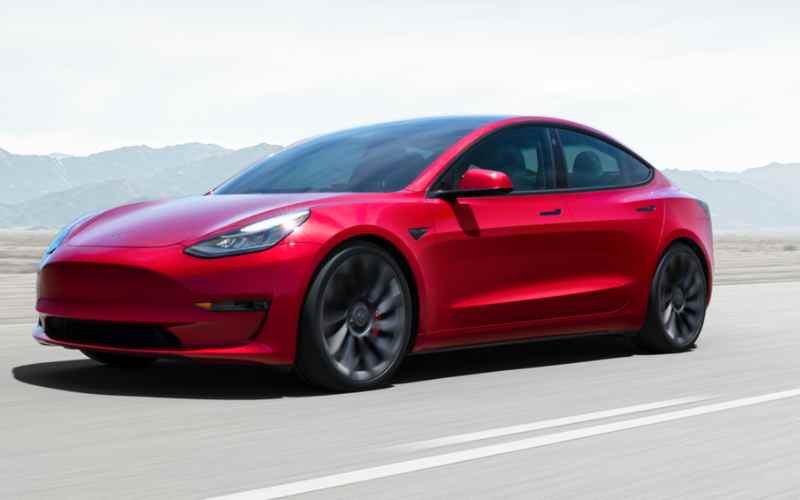
Yes, all states that require smog tests exempt Tesla cars from taking the tests. That is because Tesla vehicles are electric cars and do not produce tailpipe emissions that will cause air pollution.
Electric vehicles are Zero Emission Vehicles (ZEV) which are not among the vehicles for routine emission/smog testing.
Smog tests are routine emission tests carried out on cars and mandated by states. These tests are certified by automotive professionals licensed to detect the levels of pollutants produced by cars.
The U.S. Environmental Protection Agency and the California Air Resources Board determine the standards for emission tests.
The test aims to drastically improve the quality of air available for breathing by reducing air pollutants. Your cars produce these pollutants while accelerating and running.
The gases include nitrogen oxides, unburned hydrocarbons, formaldehyde, carbon monoxide, particulate matter, and greenhouse gases like carbon dioxide.
The tests consist of three parts: a dynamometer test, a gas cap test, and OBD scanning. The usefulness and importance of these tests depend on the age of your vehicle.
#1. The Dynamometer Test
In this test, the professionals simulate the acceleration feature of your car. Roller devices make this test possible, and the professionals use a five-gas analyzer to get the emission data.
#2. Gas Cap Test
The gas cap test assesses for seepage of gas from a gas cap sealed improperly or worn out. This test is essential for old diesel and gasoline car models.
#3. OBD Scanning
All cars manufactured after 1996 and most of those made during the 1980s come fitted with an onboard diagnostics (OBD) system.
This system keeps important emission information. When you plug in a unique instrument, a tester scans the OBD system and acquires all the necessary data in real time.
Why Doesn’t Tesla Require a Smog Check?
Tesla cars, as already mentioned above, do not require smog tests. That’s because Tesla cars are all-electric vehicles.
All-electric vehicles do not have the necessary systems and parts to produce greenhouse gases and other harmful gases that the test concerns.
The state of California is one of the strictest when it comes to emission testing standards and protocols.
Tesla vehicles and all other all-electric vehicles belong to the category of cars called zero-emission vehicles.
The concept of zero-emission vehicles took root in 1990. The term refers to cars that produce zero evaporative or exhaust emissions that can be considered pollutants.
Tesla vehicles don’t have tailpipes, exhaust, or evaporative emissions. For this reason, they don’t take smog emission tests, even in California, where the laws are strict.
Even though smog tests aren’t necessary for all-electric vehicles like Tesla cars, there are still other checks you should do. One is the safety inspection checks, especially in some states.
These states include Delaware, Louisiana, Hawaii, Massachusetts, Maine, Missouri, New York, New Hampshire, Pennsylvania, North Carolina, Rhode Island, Vermont, West Virginia, Virginia, and Texas.
The duration of the checks depends on the state, and it varies. It ranges from annual inspections to biennial inspections.
Do Hybrid Cars Require a Smog Check?
How about hybrid cars? Are they also exempted from smog emission checks? Unfortunately, hybrid cars are not exempted from routine smog checks.
They are not zero-emission vehicles, so you need to check them for emissions every two years.
Additionally, if you’re registering your hybrid vehicle for the first time, especially in California, or if your hybrid vehicle is changing ownership, you must carry out a smog test.
Furthermore, biennially, six-model-year hybrid cars and newer models are not required for smog checks.
If your hybrid car is four-model years old or newer, the change of ownership smog check is unnecessary.
If you don’t live in California and enter the state with your hybrid, you’ll also need to perform the emission tests.
Hybrid cars are Plug-in Hybrid Electric Vehicles (PHEV). They give the pleasure of both worlds—internal combustion engine and electric motor technology with zero emission features.
They give you the best approach to driving by combining both technologies, especially when you live in big cities. An example is the Hyundai Ioniq PHEV 2018.
When you drive your hybrid car at a low speed, such as during heavy traffic conditions, the hybrid system activates the electric motor technology, a zero-emission system.
That means, under this situation, your vehicle does not produce greenhouse gases and other pollutants that are toxic to the climate.
However, your hybrid system automatically activates the internal combustion engine when you enter the highway or other conditions that favor high speeds, like low traffic.
During this period, your vehicle produces gas emissions that may contribute to climate change.
For this reason, your hybrid car is subject to the exact requirements and rules regarding smog testing.
You need to get certification that your hybrid car produces gas emissions in quantities that are safe for the climate.
However, a hybrid vehicle will perform way better than a traditional internal combustion engine in a smog emission test.
But it won’t be as successful as a zero-emission vehicle like Tesla cars and other all-electric vehicles.
Vehicles that are exempted from routine emission testing include:
- The 1975 year model or older models of gasoline-powered cars, including trailers and motorcycles
- The 1997 year model or older models of diesel-powered vehicles or models with a gross vehicle weight exceeding 14,000 pounds
- Cars powered by natural gas weighing above 14,000 pounds
- Electric vehicles
- Gasoline-powered cars that are below eight model years
How Long Does a Smog Test Take?
A smog test isn’t that time-consuming. On average, a regular, uncomplicated smog test will take between 20 and 30 minutes from start to finish.
However, you may have to wait in a queue till it’s your turn, especially on a hectic day at a smog check center.
Additionally, the test consists of several steps that the professional must follow properly. Firstly, the mechanic will examine your car’s emission control systems and the various parts.
After inspecting them, he will inspect the ignition timing and the engine light.
He will also check the numerous components related to gasoline. These include the gas cap, exhaust gas recirculation, and evaporative fuel systems.
Afterward, he’ll inspect the OBD system of your vehicle. He’ll then finish up with the emission test. Finally, after he completes the tests, he’ll provide you with your certification.
If your vehicle fails the test, he’ll also provide you with a list of problems you’ll need to solve. Then, if you want, he can fix the bad parts so your car can pass the emission test.
Below is a list that shows cars exempt from smog tests:
| Vehicle | Exemption from Smog Tests |
|---|---|
| Electric cars | Yes |
| Hybrid cars | No |
| Diesel-powered 1997 models and older | Yes |
| A gross weight of >14000 pounds | Yes |
| Gasoline-powered 1975 models and older | Yes |
| Natural gas-powered vehicles weighing >14000 pounds | Yes |

Hey, I’m Michael Davis, a 35-year-old with a degree and a love for cars and tech. Since I was a kid, cars have been my thing—so much that I even thought they ran on magic beans! Fast forward, and I’ve built Vehicle Army, your one-stop-shop for easy-to-understand car facts.
